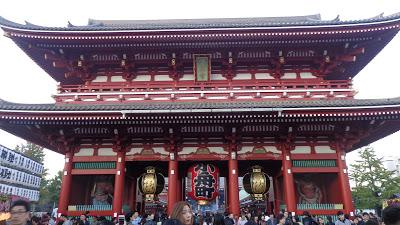
Senso-ji
When I was wandering around Tokyo, I saw many temples and shrines of varying degrees of importance and age. One of the most famous was Senso-ji in Asakusa.
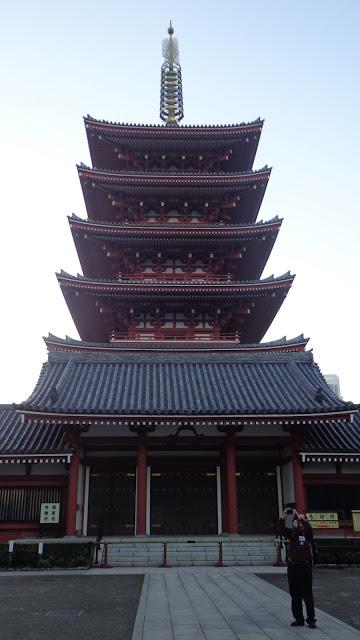
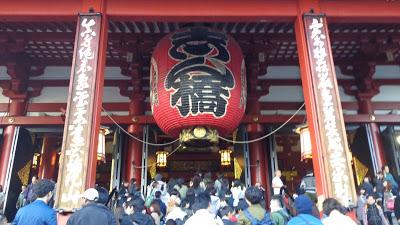
Senso-ji is said to be the oldest temple in Tokyo, dating to as far back as the 600s BC. High-rise buildings, modern homes and shopping centers surround this ancient structure. The people may be wearing jeans, coats and branded clothes, but the temple's significance remains the same. During the early years of the Tokugawa Shogunate, Tokugawa Ieyasu chose Senso-ji as the tutelary temple of their clan.
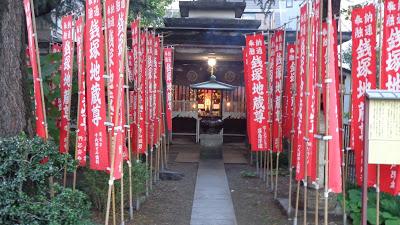
As my friends and I walked around the temple, I can't help but imagine what this place could've looked like centuries ago.
Meiji Shrine
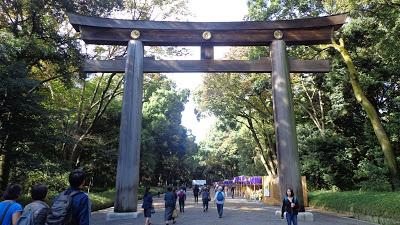
What I liked about Tokyo so much was the preservation of history. The government built the Meiji Shrine dedicated to the deified spirits of former Emperor Meiji and his wife. The Japanese Diet wanted to commemorate the role of Emperor Meiji during the Meiji Restoration, a historically significant turning point that led to the modernization of Japan, and marked the end of the shogunate. The grave is located elsewhere and not in the shrine.
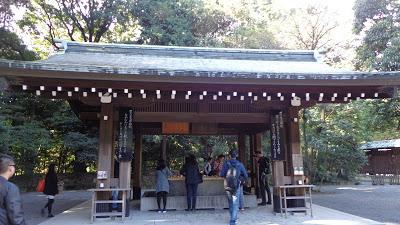
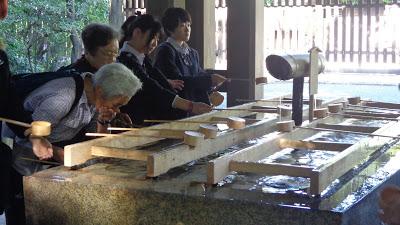
The cleansing ritual was quite an experience and showed the tremendous respect that the Japanese have for their former emperor.
47 Ronin Shrine or Sengakuji
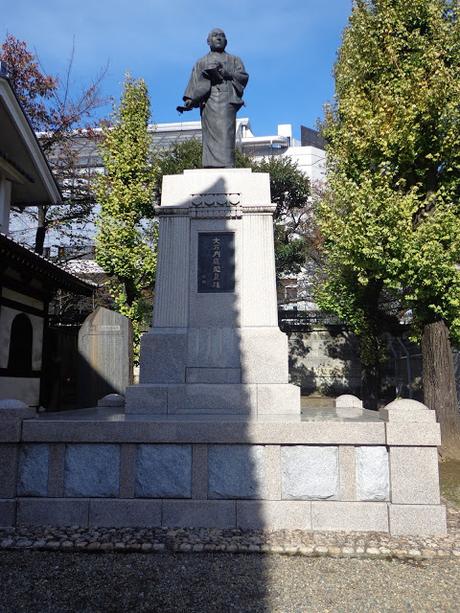
The tale of loyalty and courage displayed by the 47 Ronin has made it to movies. I wanted to see this shrine during my trip to Tokyo because of its historical significance. Read the story of the masterless samurai here.
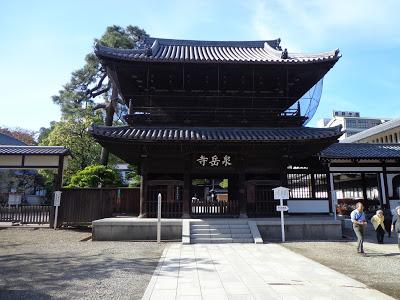
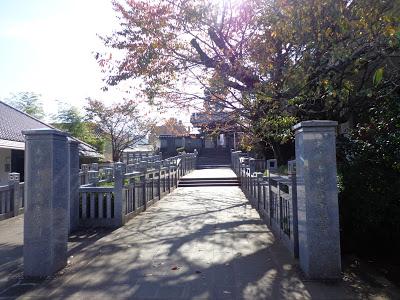
The serene atmosphere and simplicity of the burial grounds does not diminish the acts done by these samurai. In fact, its simple layout made it more beautiful to me.
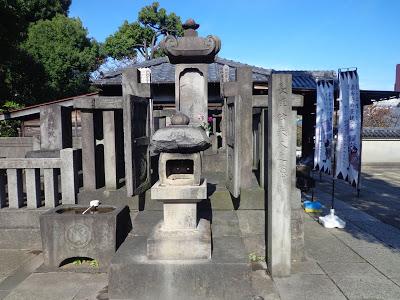
The austere surroundings were a contrast to the hustle and bustle going on outside it. Businessmen went about their daily routine and cars whizzed by, while time stood still here.
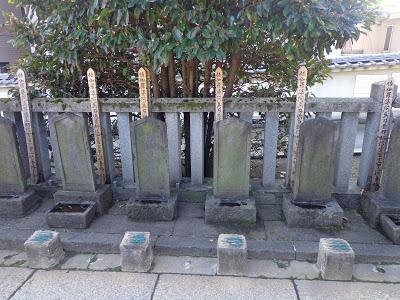
This isn't as popular as the Meiji Shrine and Senso-ji but is worth a look.
Modern Day Tokyo
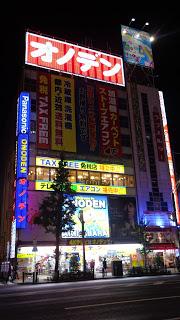
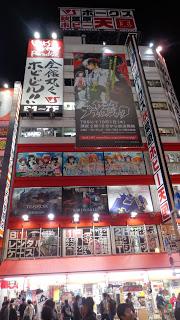
Japan rose just about the same time as Europe and North America, despite losing World War II. Their rapid rise is a testament to their character and drive to become the best.
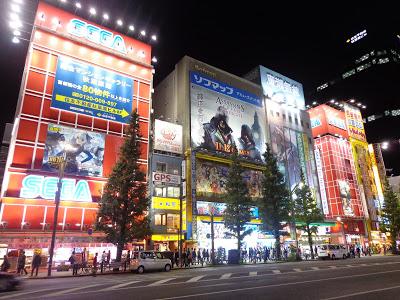
The historical sites were surrounded by high-rise buildings, shopping centers, Western restaurants and cars, mixing the old and new beautifully, typical of the many fast developing and already developed countries I've been to. In contrast, the Philippines just looked old (in a bad way) with highly commercialized areas surrounded by poverty.
Akihabara is an interesting area, I wanted to see this place because of its quirks and many places to shop. I saw women dressed like maids passing out pamphlets for maid cafes. One of the weirdest things I've seen are buildings with those arcade games where you use a robot hand to get a toy. This wouldn't be out of the ordinary if it was only one section, but entire buildings with just that? That's different. There were also a bunch of retail stores that sold cheap gadgets, laptops, cameras and other electronics. The prices were definitely cheaper compared to prices back home.
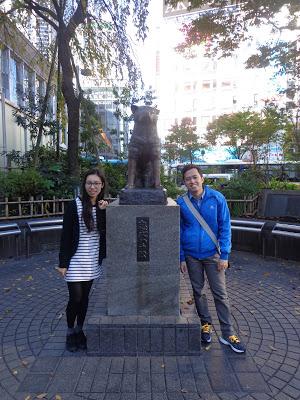
Hachiko!
You can't go to Tokyo without taking a photo with Hachiko's shrine just outside Shibuya Station. Cheers to loyal and cute dogs!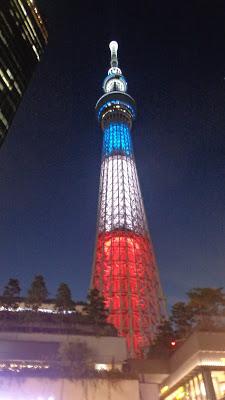
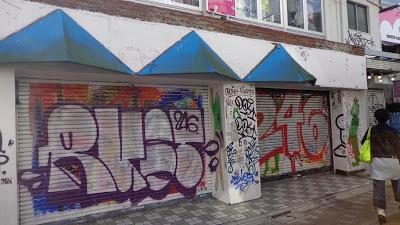
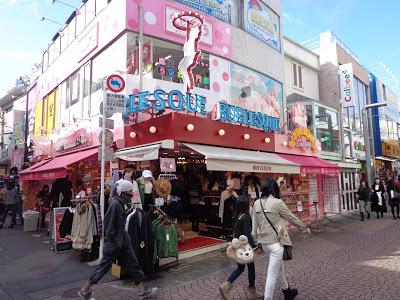
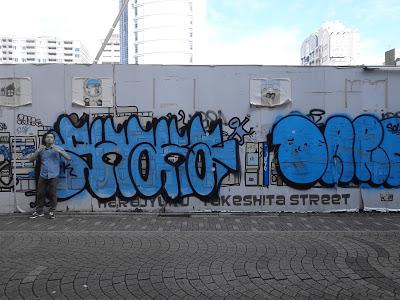
Harajuku is another interesting area where young ones (high school and younger) hang out, shop and do teenage stuff. The stores lining the streets were specifically for teenagers. Tokyo fashion is quite distinct in a good way, people here seemed to dress differently.
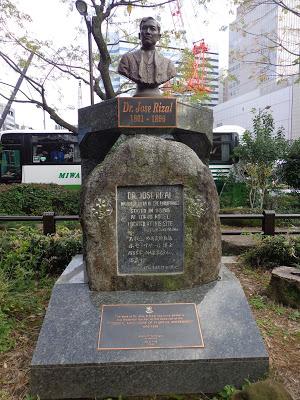
Good thing I ran into a friend from college who knew where Rizal's Shrine was. Jose Rizal stayed for some time in Japan, he was enshrined on this spot in Hibiya Park.
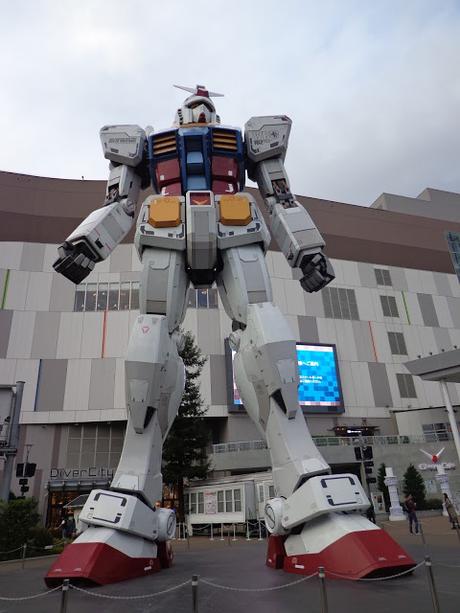
Gundam! I used to watch the anime when I was younger. I finally got to see one as big as a building in Odaiba. It looked really cool when it made minor movements.
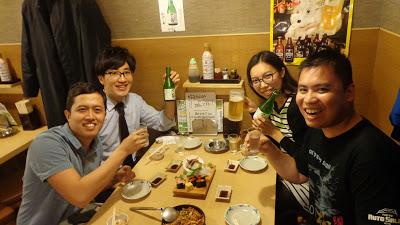
Finally got to try sake in Japan!
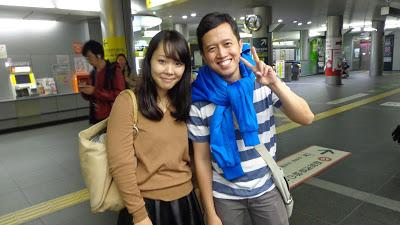
My trip to Japan was a time to meet old friends made. It was great to just pick up where we left off, like years haven't passed by since we last met.

